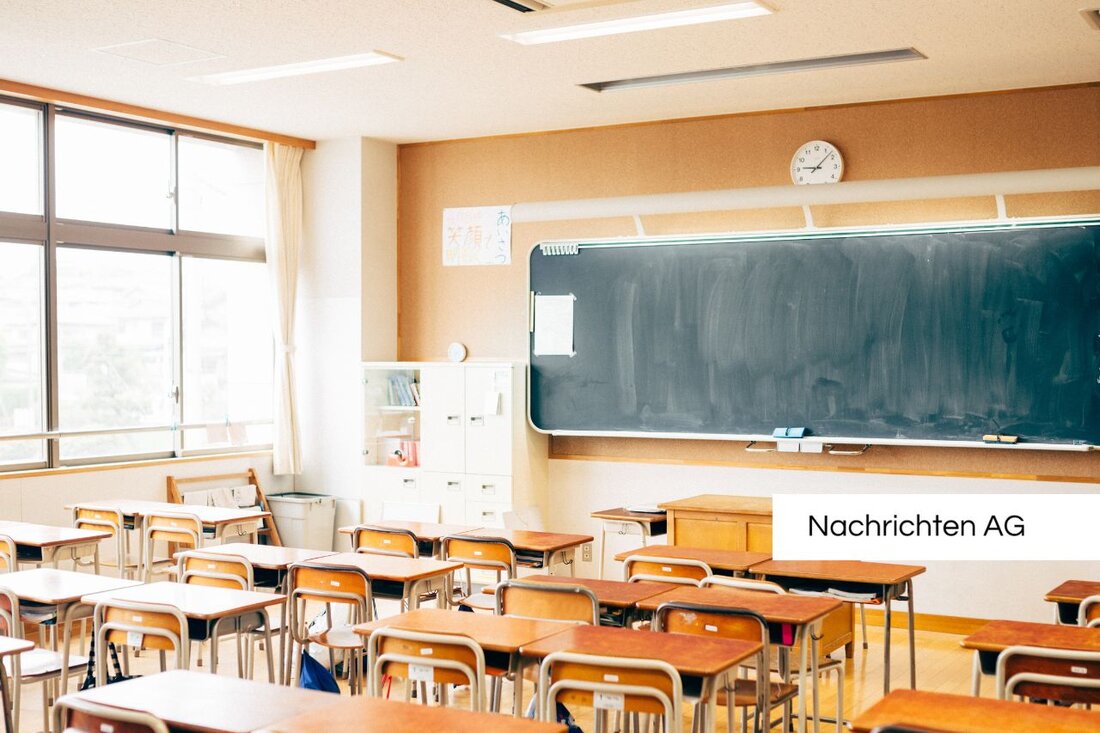Education Minister plans punishments for parents: Is that the solution?
Education Minister Wiederkehr is planning punishments for parents of uncooperative students. However, experts criticize this measure as inappropriate.

Education Minister plans punishments for parents: Is that the solution?
On November 9, 2025, Education Minister Christoph Wiederkehr (NEOS) announced new measures to combat truancy in Austria. He plans punishments for parents who are considered uncooperative. Critics such as Julia Pollak from the Professional Association of Social Work (OBDS) express concerns that financial penalties do not lead to educational equity because the reasons for truancy are often complex.
According to Wiederkehr's proposal, fines of up to 1,000 euros should be imposed if parents refuse discussions that are offered as part of suspension support or when there is a risk of dropping out of school. The maximum fine is also planned to be increased to 1,000 euros for students who need German language support who do not show up for summer school. These measures are intended to prevent parents from “buying their way out” by simply paying the fines imposed.
Criticism of the measures
Pollak further emphasizes that many parents who find themselves in difficult life situations are not able to adequately support their children. The idea that a small group of “uncooperative parents” is the cause of school problems is seen by experts as misleading. They argue that the vast majority of parents strive to achieve the best for their children's education and many respond positively to offers of support.
The Minister of Education reports that 2,000 students are excluded from school every year, and many parents are cooperative in these cases. Pollak estimates the number of potential penalties to be low, as many parents are dependent on offers of help and support under the existing circumstances. Experience with current administrative penalties also shows that they are handled arbitrarily, which puts additional strain on families with financial difficulties.
Alternative solutions
Instead of introducing new punishments, Pollak calls for an expansion of school social work and prevention programs in order to achieve a sustainable improvement in the educational situation. The influence of parents on older young people is becoming increasingly limited, which is why supportive measures are crucial for the education of children and young people.
The situation is made more difficult by the increasing numbers of compulsory school violations and behavior that endangers oneself or others, which are often due to family problems, bullying or other emotional stress. Child and youth welfare services are often already involved in cases that pose a potential risk to the child's well-being.
In a different context, another source presents information about WhatsApp Web, which is a platform for communication via the browser, and its various functions and uses in digital communication. This information, such as how to use QR codes and the ability to communicate on a larger screen, is relevant to the use of modern technologies.
Further information on the topics and developments that affect both education and digital communication can be found on the respective pages: oe24, mundocuentas, and hqporner.

 Suche
Suche
 Mein Konto
Mein Konto
